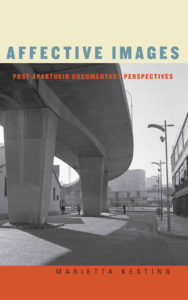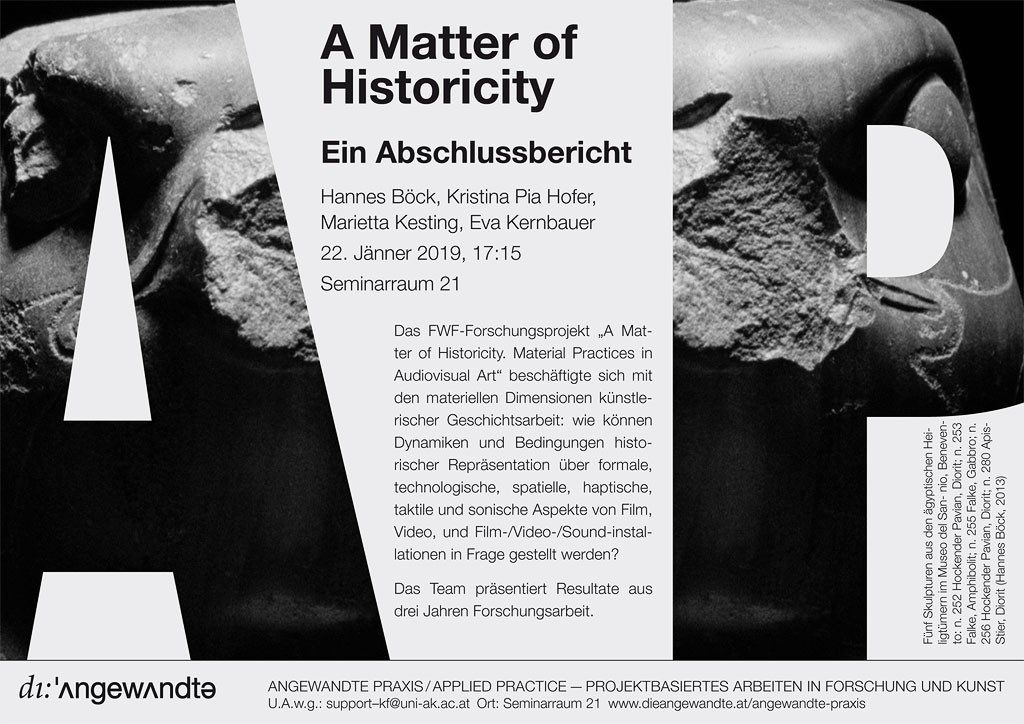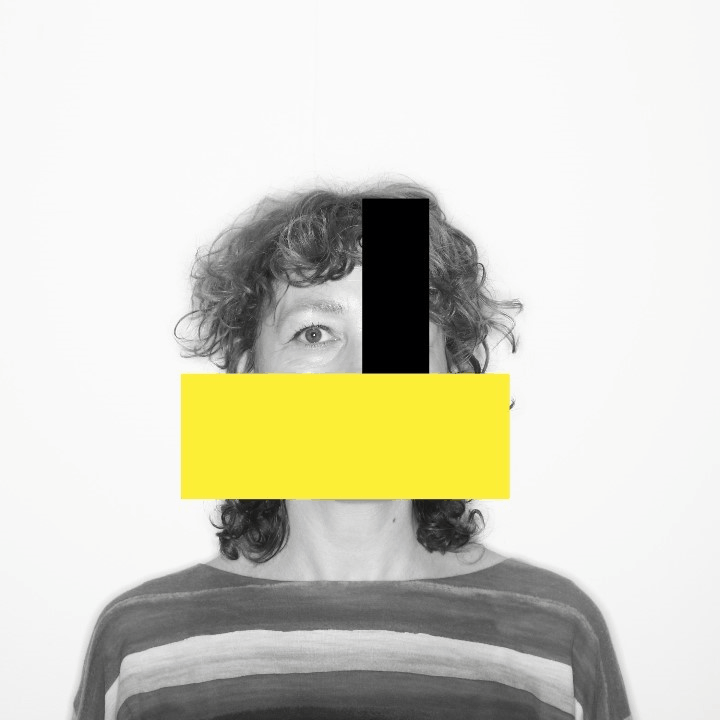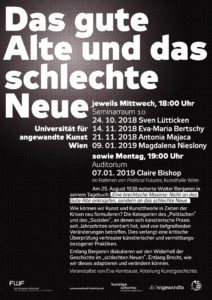 Marietta Kesting
Marietta Kesting
http://www.sunypress.edu/p-6472-affective-images.aspx
Price: $29.95
Paperback – 292 pages
ISBN13: 978-1-4384-6784-9
Explores intervisual case studies in relation to migration, xenophobia, and gender.
Affective Images examines both canonical and lesser-known photographs and films that address the struggle against apartheid and the new struggles that came into being in post-apartheid times. Marietta Kesting argues for a way of embodied seeing and complements this with feminist and queer film studies, history of photography, media theory, and cultural studies. Featuring in-depth discussions of photographs, films, and other visual documents, Kesting then situates them in broader historical contexts, such as cultural history and the history of black subjectivity and revolves the images around the intersection of race and gender. In its interdisciplinary approach, this book explores the recurrence of affective images of the past in a different way, including flashbacks, trauma, “white noise,” and the return of the repressed. It draws its materials from photographers, filmmakers, and artists such as Ernest Cole, Simphiwe Nkwali, Terry Kurgan, Thenjiwe Niki Nkosi, Adze Ugah, and the Center for Historical Reenactments.
“In its focus on lens-based media, the book not only tackles some of the questions around the visuality of migration and xenophobia, but also does so using the media (photography and film) that are probably the most complicit in the visual witnessing and translation within this field.” — Rory Bester, coeditor of Rise and Fall of Apartheid: Photography and the Bureaucracy of Everyday Life.
 Hannes Böck, Kristina Pia Hofer, Marietta Kesting, Eva Kernbauer
Hannes Böck, Kristina Pia Hofer, Marietta Kesting, Eva Kernbauer







 Am 25. August 1938 notierte Walter Benjamin in seinem Tagebuch: „Eine brechtsche Maxime: Nicht an das Gute Alte anknüpfen, sondern an das schlechte Neue.”
Am 25. August 1938 notierte Walter Benjamin in seinem Tagebuch: „Eine brechtsche Maxime: Nicht an das Gute Alte anknüpfen, sondern an das schlechte Neue.”  Marietta Kesting
Marietta Kesting Marietta Kesting
Marietta Kesting Amsterdam & Utrecht, The Netherlands, 27.-29. June 2018
Amsterdam & Utrecht, The Netherlands, 27.-29. June 2018 Vortrag Eva Kernbauer „Kunst als Wissensform? Martin Ferdinand Quadals Darstellung des Aktsaals der Wiener Akademie, 1787″.
Vortrag Eva Kernbauer „Kunst als Wissensform? Martin Ferdinand Quadals Darstellung des Aktsaals der Wiener Akademie, 1787″.